 Even if you aren’t a visionary leader or a visionary organization, one of the easiest things you can do to make people on the outside think that you are is to create a strategic plan.
Even if you aren’t a visionary leader or a visionary organization, one of the easiest things you can do to make people on the outside think that you are is to create a strategic plan.
The process of writing it can be as simple or complicated as you want it to be. Meeting after meeting, consensus building after consensus building, fight, cry, pray and then emerge from the process with a one year, five year and ten year strategic plan.
I am not anti processes like this. In fact, when I arrived, Feed The Children had a strategic plan that they’d worked diligently on for quite awhile. I appreciated its thoughtfulness and passion for success. This plan did a great job in many ways of steering our big ship in a more fruitful direction.
But, from where I sit and the experiences of leadership that I’ve had thus far in my career, I have come to see a lack of execution as a real hindrance to an organization. For so many times I’ve seen organizations reach the point of creation of a 10 year plan and then feel like it is an invitation to rest on the confidence of the plan– without making leaps and bounds toward what is actually in the plan. So easily strategic plans can be placed on a shelf somewhere gathering dust while the organization continues on in a pattern of status quo.
I don’t want Feed The Children to be one of these organizations. I want us to be vibrant. I want us to challenge the status quo. I want us to be known as an organization that executes our plan well.
This is why when I arrived on the scene 18 months, I listened. Then, as a leadership team we evaluated the current strengths and failures of our organization. And then we took a time out and devoted some of our key energy toward re-writing our plan. Our new strategic plan is in tune with where I know Feed The Children is destined to go. Our new strategic plan is an active document that we are seeking to live into more each day.
I believe this is what adaptive leadership is all about.
We evaluate our assets, our strengths and our downright pitfalls so that our plans are not just strategic, but relevant.
Franklin D. Roosevelt once said: “It is common sense to take a method and try it. If it fails, admit it frankly and try another. But above all, try something.”
Leadership is as much about having the right ideas as it is being able to adapt to new ones.
Leadership is as much about projecting toward to the future as it is understanding the present.
Leadership is as much about making plans as it actually following through with them.
I’m glad I’m a life-long learner of leadership and that there’s not just one plan.
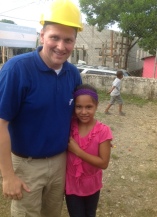
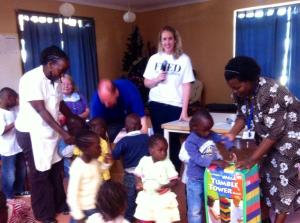
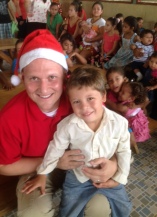
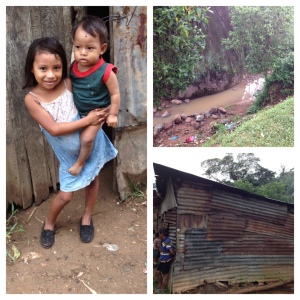
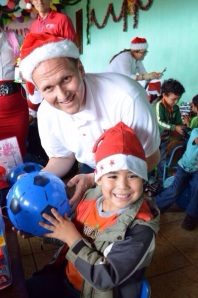
 This week, I contributed to my wife’s Advent devotional project called
This week, I contributed to my wife’s Advent devotional project called 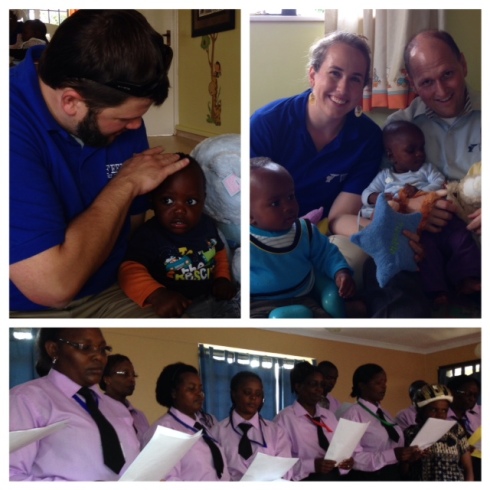
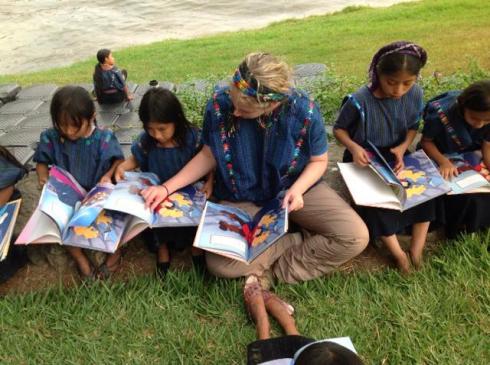
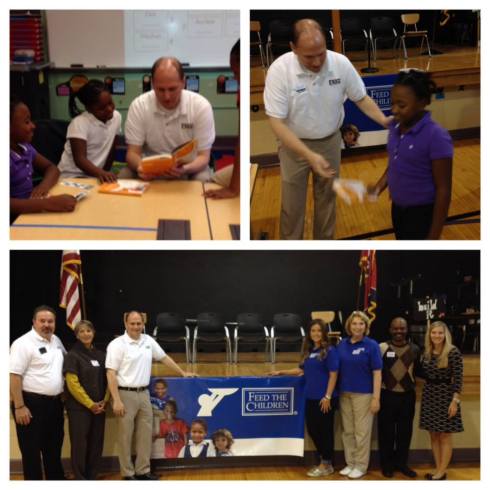
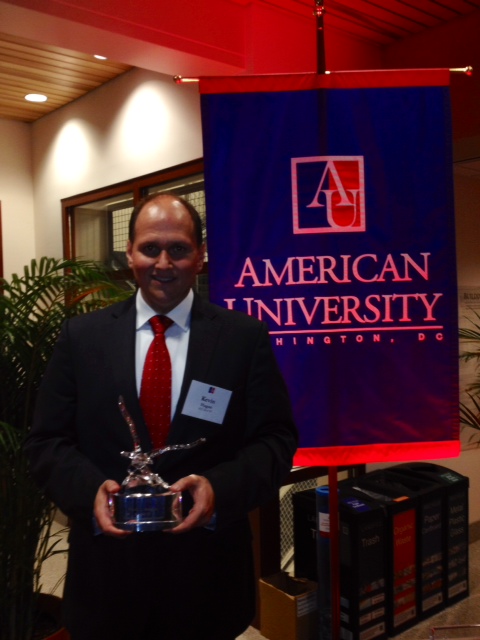
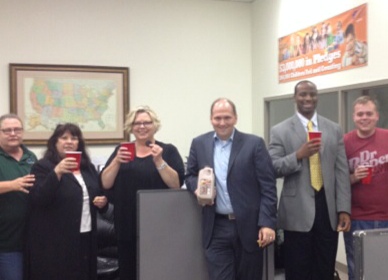
 I’ve been in Washington DC this week spending time with our government relations team and public policy team. I’ve also been meeting with CEOs and other non-profit leaders– folks who are trying to solve the big questions of hunger like we are at Feed The Children. I’ve had a great series of meetings with leaders such as those from Feeding America, Share Our Strength and Food for the Poor.
I’ve been in Washington DC this week spending time with our government relations team and public policy team. I’ve also been meeting with CEOs and other non-profit leaders– folks who are trying to solve the big questions of hunger like we are at Feed The Children. I’ve had a great series of meetings with leaders such as those from Feeding America, Share Our Strength and Food for the Poor. 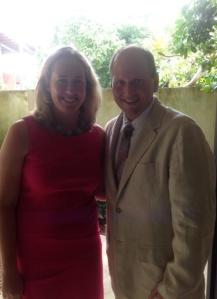
Recent Comments